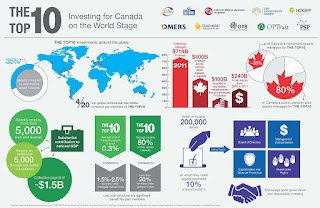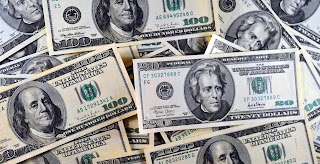2016's Biggest Hits and Misses?

Ted Carmichael recently posted a year-end review on his Global Macro blog, The Biggest Global Macro Misses of 2016 (added emphasis is mine): As the year comes to a close, it is time to review how the macro consensus forecasts for 2016 that were made a year ago fared. Each December, I compile consensus economic and financial market forecasts for the year ahead. When the year comes to a close, I take a look back at the prognostications and compare them with what we know actually occurred. I do this because markets generally do a good job of pricing in consensus views, but then move -- sometimes dramatically -- when the consensus is surprised and a different outcome transpires. When we look back, with 20/20 hindsight, we can see what the surprises were and interpret the market movements the surprises generated. Of course, the biggest forecast misses of 2016 were not in the economic indicators and financial markets, but in the political arena . The consensus views of political p...


